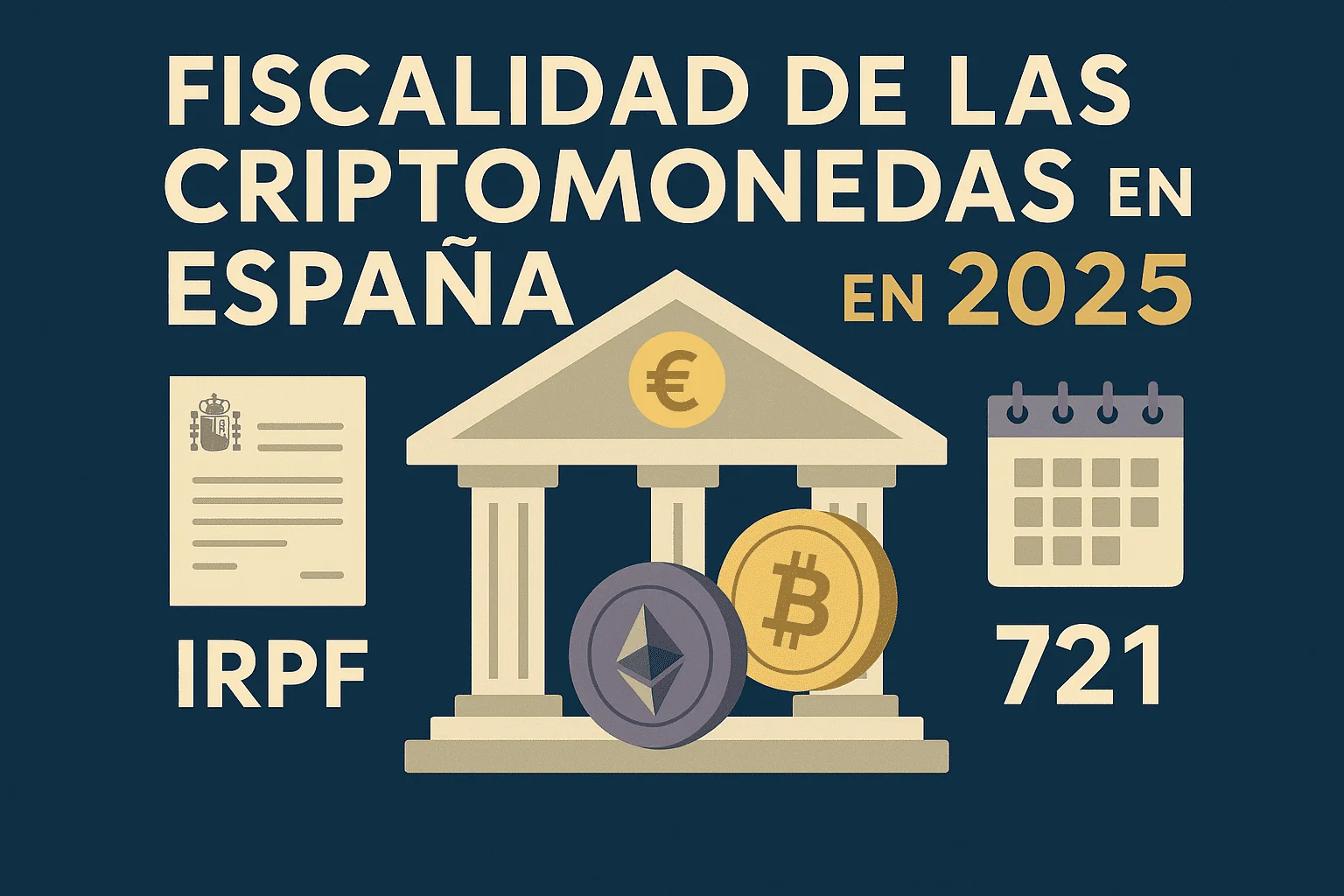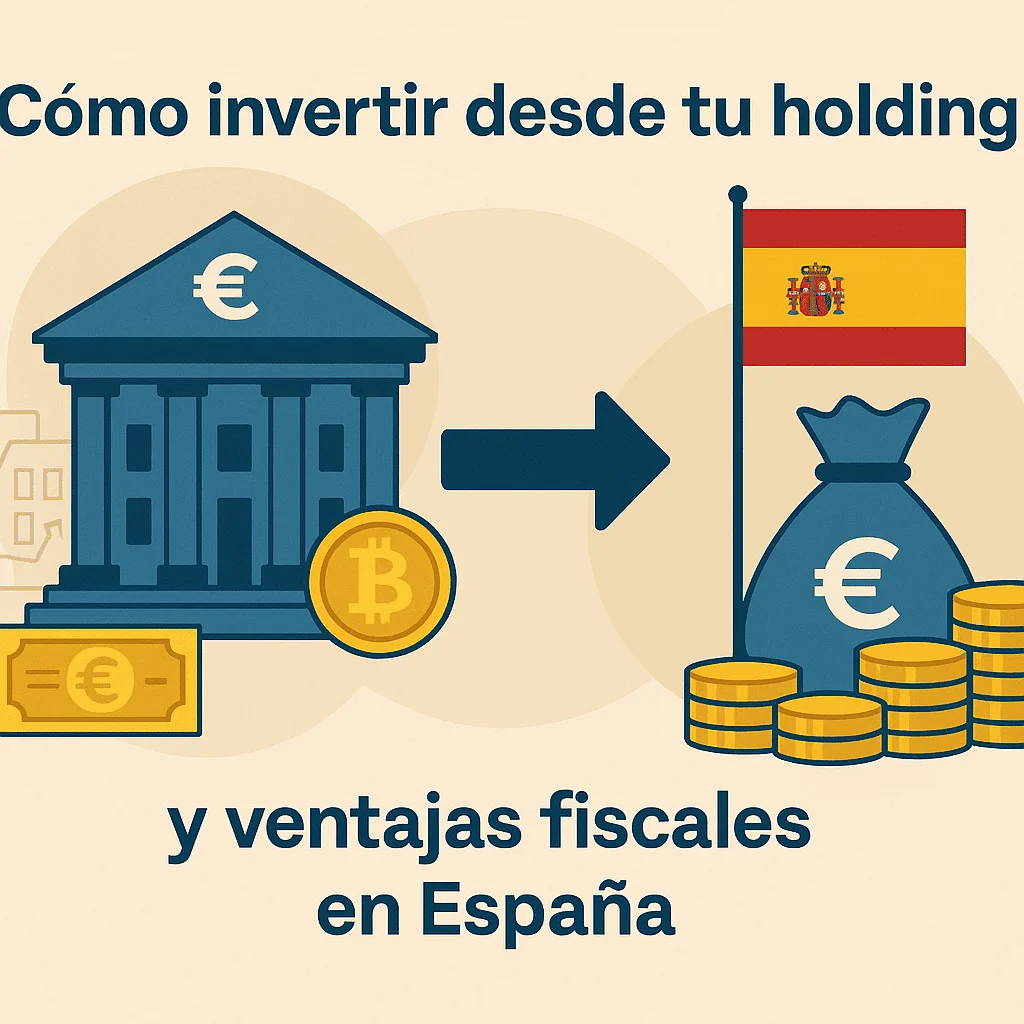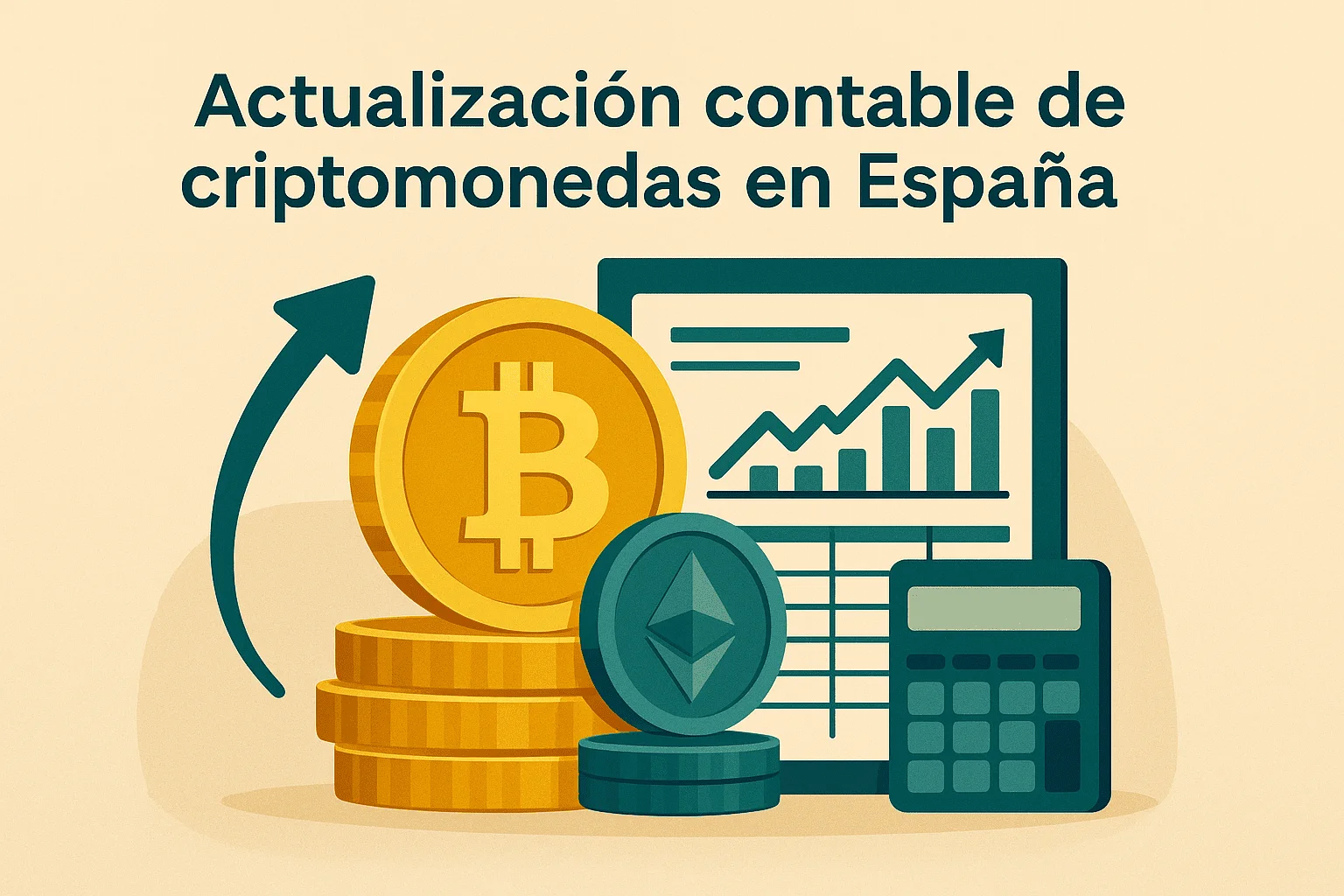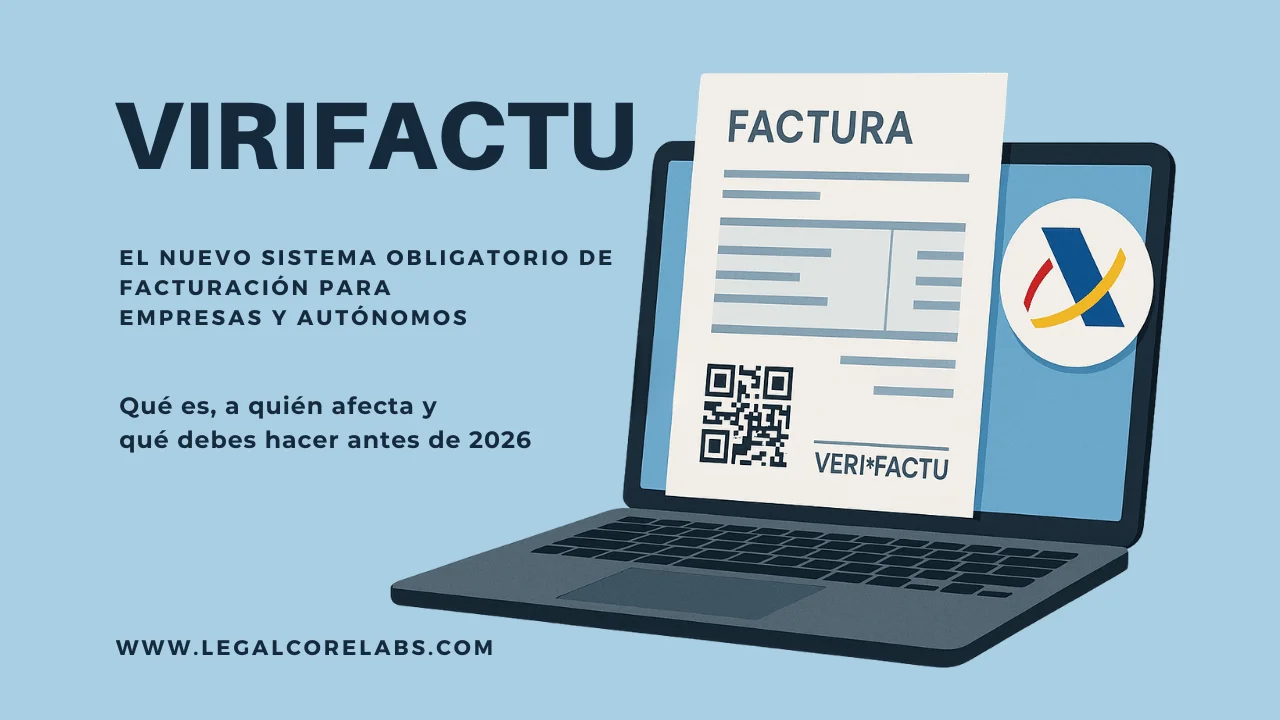Cryptocurrency Taxation in Spain: What You Need to Know in 2025
Cryptocurrencies have ceased to be a marginal phenomenon and have become an increasingly relevant asset in the financial lives of both individuals and companies.
Spain, like other EU countries, has gradually adapted its legal and tax framework to regulate the use of these digital assets.
With the entry into force of the MiCA Regulation in 2024 and the reporting obligations introduced by Law 11/2021 on measures to prevent and combat tax fraud, the taxation of cryptocurrencies has become clearer—but also more demanding.
1. How Are Cryptocurrencies Taxed Under the Personal Income Tax (IRPF)?
Under Spain’s Personal Income Tax (IRPF), cryptocurrency transactions are taxed as capital gains or losses:
Buying and selling cryptocurrencies:
If you sell cryptocurrencies for euros or another currency, the difference between the sale value and the purchase cost is included in the savings base.
Tax brackets in effect for 2025:
- 19% up to €6,000
- 21% from €6,000 to €50,000
- 23% from €50,000 to €200,000
- 27% from €200,000 to €300,000
- 28% above €300,000
Crypto-to-crypto exchanges:
The Spanish Tax Agency considers, for example, exchanging Bitcoin for Ethereum to be a barter transaction, which also generates a capital gain or loss.
Staking, yield farming, or lending:
Rewards obtained are taxed as investment income (included in the savings base).
Airdrops:
Considered capital gains not derived from a transfer and included in the general tax base, taxed at progressive rates (from 19% to 47%).
2. Form 721 and Reporting Obligations
Since 2023, under the Anti-Fraud Law, taxpayers must declare cryptocurrencies held abroad using Form 721, which replaces the old Form 720 but is specifically designed for crypto assets.
Required to file:
- Individuals and legal entities residing in Spain who hold over €50,000 in crypto assets stored on foreign exchanges.
- They must also report again if, in later years, holdings increase by more than €20,000, even if previously declared.
💡 Additionally, Spanish exchanges will be required to report crypto transactions to the Tax Agency starting in 2025, strengthening administrative oversight.
3. VAT and Cryptocurrencies
Exchanging cryptocurrencies for euros or for other cryptocurrencies:
These transactions are exempt from VAT, according to CJEU case law (Hedqvist ruling, 2015).
Related services (mining, staking, brokerage commissions, etc.):
May be subject to VAT if they constitute a service rendered for consideration.
4. Wealth and Inheritance Taxes
- As of December 31, if you hold cryptocurrencies, you must include their value in your Wealth Tax return, provided you exceed the exemption threshold set by your autonomous community.
- In cases of inheritance or donation, cryptocurrencies are subject to the Inheritance and Gift Tax, based on their market value at the date of transfer.
5. Oversight and Penalties
The Spanish Tax Agency has strengthened its control measures regarding crypto assets:
- Access to information from domestic and international exchanges.
- Data matching with financial institutions.
- Severe penalties for failing to file Form 721 (fines starting at €5,000 per undeclared item).
6. Conclusion
The taxation of cryptocurrencies in Spain is becoming increasingly strict and transparent.
While new investment opportunities are emerging, so too is the tax responsibility of investors.
📊 Keeping a detailed record of all transactions and seeking specialized tax advice is essential to avoid penalties and ensure full compliance with current regulations.



